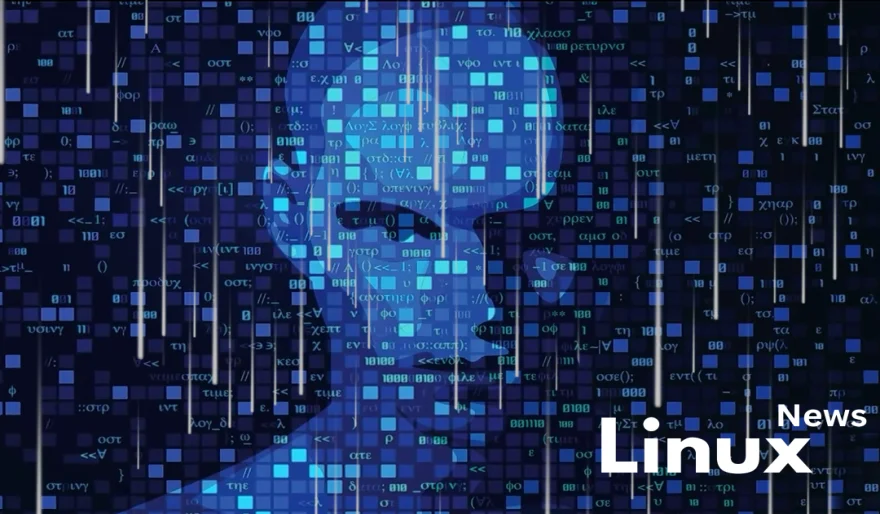The Latest in Linux Tech: Innovations, Trends, and Future Prospects
5 min read Linux, the dynamic open-source OS, leads in tech innovation. From AI to edge computing, its versatility fuels progress. Embrace its security, scalability, and community-driven ethos for a future-proof tech journey. April 23, 2024 10:51
User Comments (0)
No comments added yet.
Comments will not be approved to be posted if they are SPAM, abusive, off-topic, use profanity, contain a personal attack, or promote hate of any kind.
More »










Popular Apps

Craft of Survival - Gladiators101XP LIMITED

Grim Soul: Dark Survival RPGBrickworks Games Ltd

Last Shelter: SurvivalLong Tech Network Limited

Vikings: War of ClansPlarium LLC

Merge Survival : WastelandStickyHands Inc.

Viking Clan: RagnarokKano Games

AoD Vikings: Valhalla GameRoboBot Studio

Asphalt 9: LegendsGameloft SE

Dawn of Zombies: Survival GameRoyal Ark

NordVPN – fast VPN for privacyNord Security
More »










Editor's Choice

Grim Soul: Dark Survival RPGBrickworks Games Ltd

Craft of Survival - Gladiators101XP LIMITED

Last Shelter: SurvivalLong Tech Network Limited

Dawn of Zombies: Survival GameRoyal Ark

Merge Survival : WastelandStickyHands Inc.

AoD Vikings: Valhalla GameRoboBot Studio

Viking Clan: RagnarokKano Games

Vikings: War of ClansPlarium LLC

Asphalt 9: LegendsGameloft SE

Modern Tanks: War Tank GamesXDEVS LTD